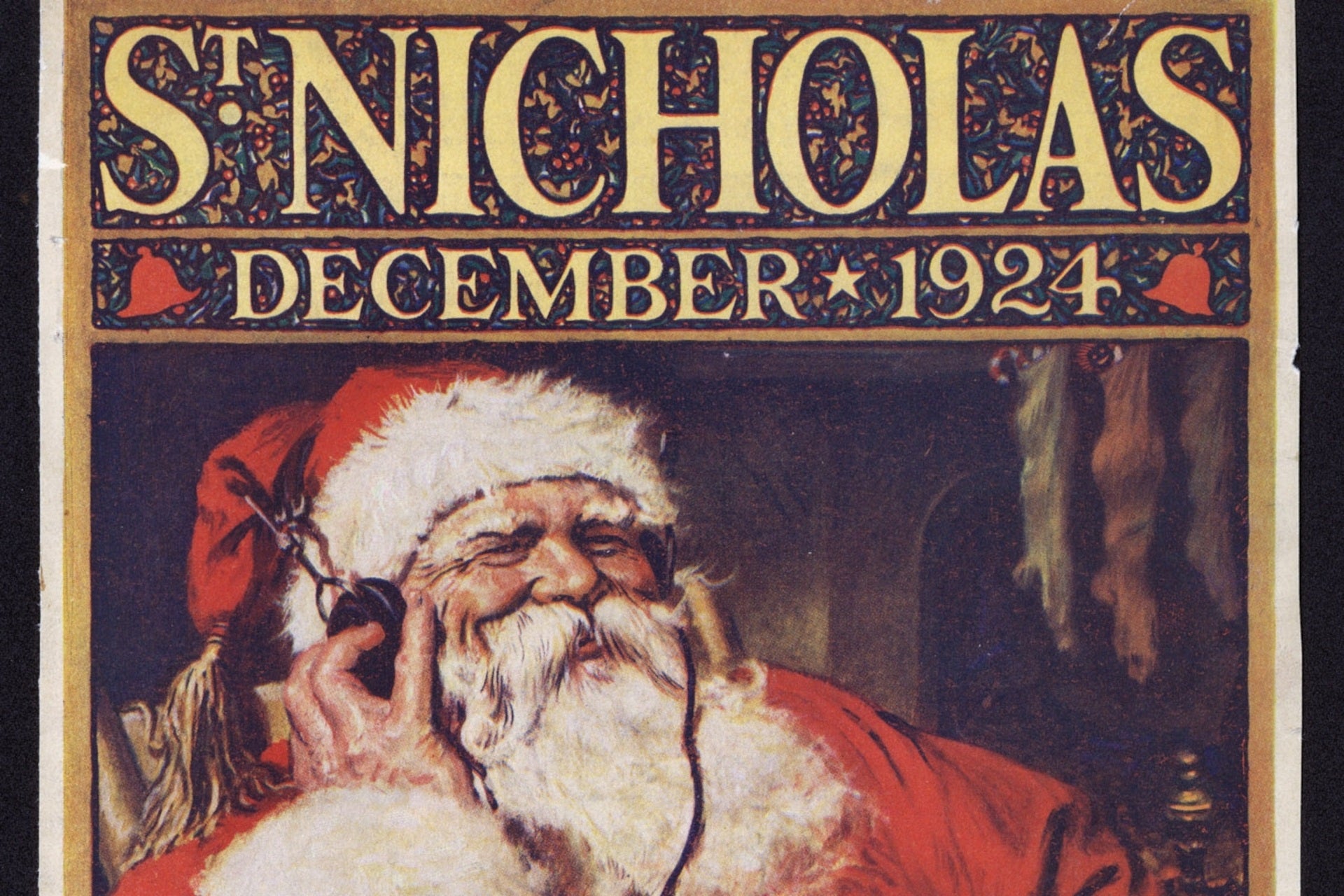
Do You Know the History of Christmas? Find Out Everything
For many individuals, Christmas represents an enchanting period that embodies the essence of joy and wonder. According to the Pew Research Center, a significant majority of Americans, approximately 90 percent, and an overwhelming 95 percent of Christians celebrate this cherished holiday each year. Consequently, Christmas has evolved into a widely observed occasion that revolves around beloved traditions. These include adorning our homes with festive decorations and erecting the iconic Christmas tree, indulging in delectable seasonal treats, attending Christmas Eve church services, relishing in the anticipation of bountiful holiday feasts, and engaging in the heartwarming act of exchanging gifts on the momentous day. The staggering statistics reported by the Pew Research Center may not come as a surprise, as it often feels as though the celebration of Christmas commences as soon as the leaves begin to change color in the fall.
Undoubtedly, the Christmas season is a bustling time filled with myriad activities. Amidst the excitement and fervor surrounding this holiday, have you ever paused to ponder its humble origins? Allow us to delve into the captivating history of Christmas, enabling you to gain a deeper understanding of its captivating backstory. As expected, the holiday has undergone significant transformations since its inception, evolving into the extraordinary celebration we know today.
As you engage in the cherished customs of Christmas this year, such as adorning your home with a resplendent Christmas tree, preparing a delectable Christmas ham for your loved ones, or joyfully singing carols, you will possess a more profound comprehension of the historical roots of this beloved holiday. This newfound understanding will invariably cultivate a heightened sense of appreciation for the enchanting essence of the most wonderful time of the year.
Additionally, I encourage you to explore intriguing Christmas trivia questions, delve into the captivating history of the Christmas tree, and uncover the fascinating origins behind the symbolism of Christmas colors. These captivating insights will further enrich your Christmas experience and deepen your connection to the enduring traditions that have shaped this remarkable season.
When did Christmas begin?
The origins of Christmas as an official holiday can be traced back to approximately the 4th century. However, let us take a step back and explore the historical context.
According to the History Channel, winter has long been a season of merriment and festivity, even predating the advent of Jesus. Various cultures and civilizations rejoiced during the winter solstice, a time when the harshest days of winter were behind them, and they could anticipate the gradual return of longer daylight hours. The Norse celebrated Yule, while the Germans paid homage to the god Odin. In Rome, the festival of Saturnalia honored Saturn, the deity associated with agriculture, while December 25 marked the sacred holiday of Juvenalia, dedicated to the infant god Mithra.
Interestingly, during the early years of Christianity, the birth of Jesus was not commemorated as a separate holiday. Easter held greater significance as the primary Christian celebration. The Bible does not specify a specific date for Jesus's birth, and it was originally believed to have occurred on January 6, rather than December 25. The latter date was still associated with the Juvenalia holiday in Roman tradition.
But do you know why it is called Christmas? Let's finding out in this article:

4th Century — 17th Century
A significant turning point occurred in the 4th century when Pope Julius I designated December 25 as the official date for Christians to celebrate the birth of Jesus. The motivation behind this shift remains a subject of debate, but the prevailing belief is that December 25 was strategically chosen to facilitate the assimilation of Christmas into existing pagan festivities, thereby increasing its acceptance among Christians worldwide.
By the year 432, the celebration of Christmas had reached Egypt, and as the Middle Ages dawned, the observance of this joyous occasion had permeated cultures across the globe, supplanting preexisting pagan rituals. This trend continued to gain momentum in the subsequent centuries. December 25 became synonymous with the commemoration of Christ's birth, while January 6 acquired significance as the Feast of the Epiphany, honoring the arrival of the wise men in Bethlehem and their discovery of the infant Jesus in the manger. The period between these two dates came to be known as the 12 days of Christmas, a time of festivity and revelry.
17th Century — Present Day
However, in the 17th century, religious reforms began to shape the celebration of Christmas. Figures like Oliver Cromwell and the Puritans sought to suppress the holiday, resulting in its cancellation. Christmas only returned when Charles II reclaimed the throne. When the Pilgrims arrived in North America in 1620, they did not bring the tradition of Christmas with them, and in fact, it was prohibited in Boston from 1659 to 1681. Furthermore, after the American Revolution, Americans, aiming to distance themselves from British customs, initially refrained from observing Christmas. Consequently, Christmas did not become a federal holiday in the United States until June 26, 1870.
Over time, Americans embraced and adapted Christmas traditions introduced by immigrants, such as the renowned Saint Nicholas honored by Dutch families, while also incorporating new customs from different cultures, like the Christmas tree. This amalgamation of diverse practices molded the holiday's cherished traditions into the beloved and familiar celebration we hold dear today.
Discover some intriguing facts about the Christmas in this article:
Fact about Christmas maybe you don't know



